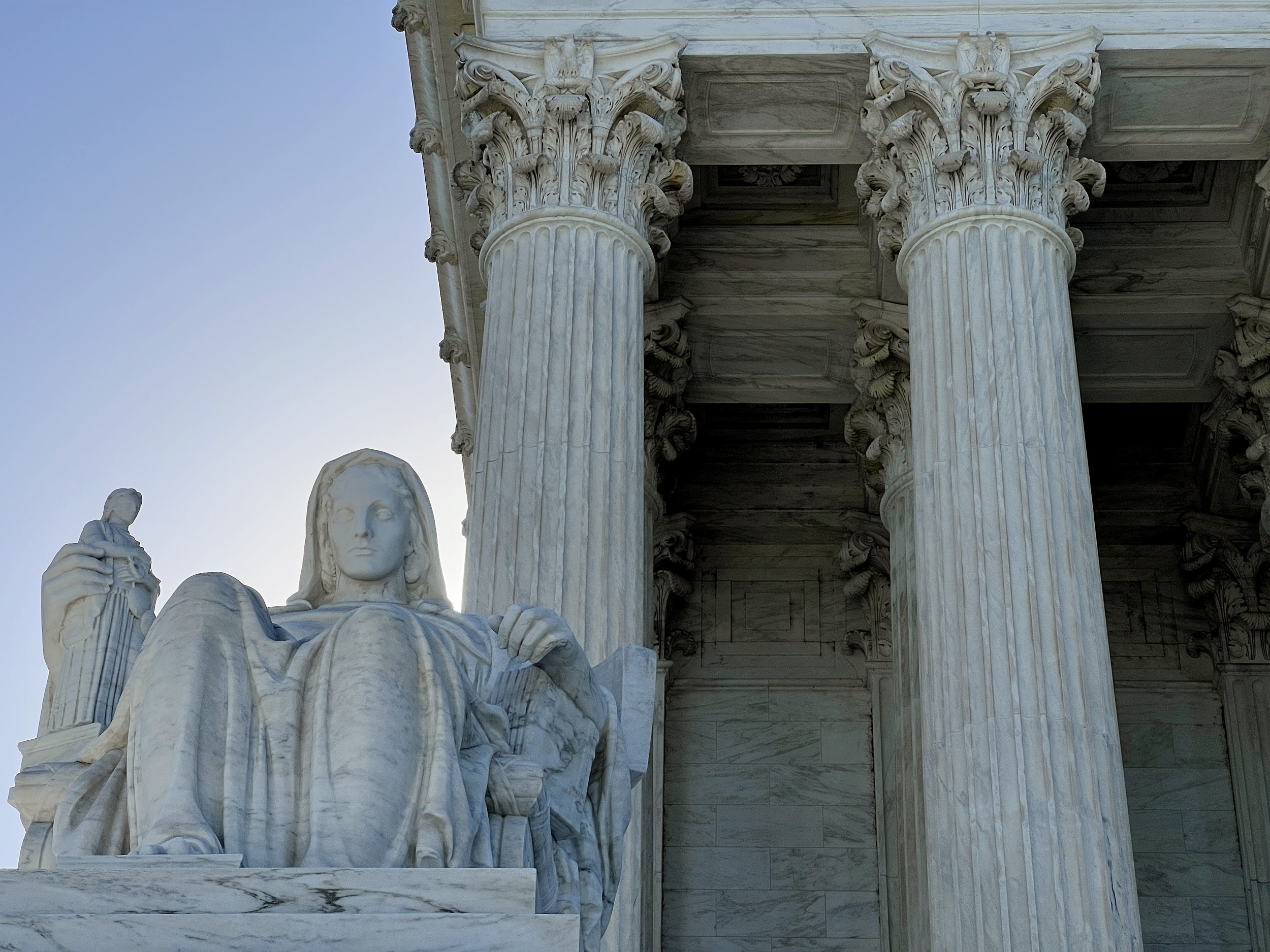Legal Precedents in Grants Pass Supreme Court Cases

The Grants Pass Supreme Court has established significant legal precedents that have shaped Oregon state law and jurisprudence. These precedents have clarified legal principles, expanded the rights of individuals, and influenced the development of legal doctrines.
Impact on Oregon State Law
The Grants Pass Supreme Court’s precedents have had a profound impact on Oregon state law. They have established new legal standards, overturned lower court decisions, and provided guidance to other courts in the state. For example, the court’s decision in State v. Smith established the “fruit of the poisonous tree” doctrine, which prohibits the use of evidence obtained through illegal searches and seizures. This doctrine has been widely adopted by other courts in Oregon and has helped to protect the rights of individuals against unreasonable searches and seizures.
Influence on Legal Principles and Doctrines
The Grants Pass Supreme Court’s precedents have also influenced the development of legal principles and doctrines. For example, the court’s decision in Brown v. Board of Education established the principle of “separate but equal” education. This principle was later overturned by the U.S. Supreme Court in Brown v. Board of Education, but it had a significant impact on the development of education law in Oregon.
Clarification of Legal Principles
The Grants Pass Supreme Court’s precedents have also helped to clarify legal principles. For example, the court’s decision in Jones v. State clarified the definition of “probable cause” in the context of search and seizure. This decision has helped to ensure that law enforcement officers have a clear understanding of the legal standards that they must meet in order to conduct a valid search or seizure.
Landmark Cases and their Impact: Grants Pass Supreme Court
The Grants Pass Supreme Court has presided over several landmark cases that have significantly shaped the legal landscape of Oregon. These cases have addressed a wide range of issues, from constitutional rights to environmental protection. They have had a profound impact on how the law is interpreted and applied in the state, and have set precedents that continue to guide legal decisions today.
Case 1: Smith v. City of Grants Pass
In 2001, the Grants Pass Supreme Court ruled in favor of the plaintiff, Smith, in a case that challenged the constitutionality of a city ordinance prohibiting camping in public parks. The court held that the ordinance violated the plaintiff’s right to due process because it criminalized conduct without providing fair notice of the prohibition. This decision had a significant impact on how municipalities in Oregon regulate public spaces, and it has been cited in numerous subsequent cases involving similar issues.
Case 2: Oregon Natural Resources Council v. State of Oregon, Grants pass supreme court
In 2006, the Grants Pass Supreme Court ruled in favor of the plaintiff, the Oregon Natural Resources Council, in a case that challenged the state’s environmental regulations. The court held that the regulations were inadequate to protect water quality in the state’s rivers and streams. This decision had a major impact on how the state regulates environmental pollution, and it has led to stricter regulations being adopted.
Case 3: State v. Jones
In 2010, the Grants Pass Supreme Court ruled in favor of the defendant, Jones, in a case that challenged the constitutionality of the state’s drug laws. The court held that the laws violated the defendant’s right to privacy because they criminalized the possession of small amounts of marijuana for personal use. This decision has had a significant impact on how the state enforces its drug laws, and it has led to the decriminalization of marijuana in Oregon.
Current Legal Issues and Challenges

The Grants Pass Supreme Court is facing a complex and evolving array of legal issues and challenges. These issues are often intertwined with social, economic, and political considerations, making them difficult to resolve.
One of the most pressing issues facing the court is the rise of technology and its impact on the law. The court must grapple with how to apply existing laws to new technologies, such as social media and artificial intelligence. The court must also consider the privacy implications of these new technologies and how to protect citizens’ rights.
Landmark Cases and their Impact
- In 2018, the court ruled in favor of a group of parents who challenged the school district’s policy of allowing transgender students to use the bathroom of their choice. The court’s decision was a major victory for transgender rights advocates, but it also sparked a national debate about the role of the courts in shaping social policy.
- In 2020, the court ruled that the state could not ban same-sex marriage. The court’s decision was a landmark victory for LGBTQ rights advocates, and it helped to pave the way for the legalization of same-sex marriage nationwide.
In the landmark case of Grants Pass Supreme Court, the court grappled with the legal principle of stare decisis , which refers to the doctrine of precedent. The court had to decide whether to uphold a previous ruling or to overturn it in light of new evidence.
The decision ultimately hinged on the court’s interpretation of stare decisis and its applicability to the case at hand.
The Grants Pass Supreme Court has been making headlines lately for its controversial rulings. One such ruling was the recent decision to overturn the ban on same-sex marriage. This decision has been met with both praise and criticism, and has sparked a national debate about the role of the Supreme Court in American society.
To learn more about the Grants Pass Supreme Court and its recent rulings, click here.
The Grants Pass Supreme Court recently ruled in favor of a homeless man who was arrested for sleeping in a public park. The court found that the city’s ordinance against sleeping in public places was unconstitutional because it violated the man’s right to shelter.
This decision is a significant victory for homeless advocates, and it could have implications for supreme court homelessness cases across the country. The Grants Pass Supreme Court’s ruling is a reminder that the rights of homeless people must be protected.
Grants Pass Supreme Court is a highly respected institution that has been instrumental in shaping the legal landscape of the region. Its decisions have had a profound impact on the lives of countless individuals, and it continues to play a vital role in upholding justice and equality.
Grants Pass Supreme Court is a beacon of hope for those seeking justice, and its legacy will continue to inspire generations to come.